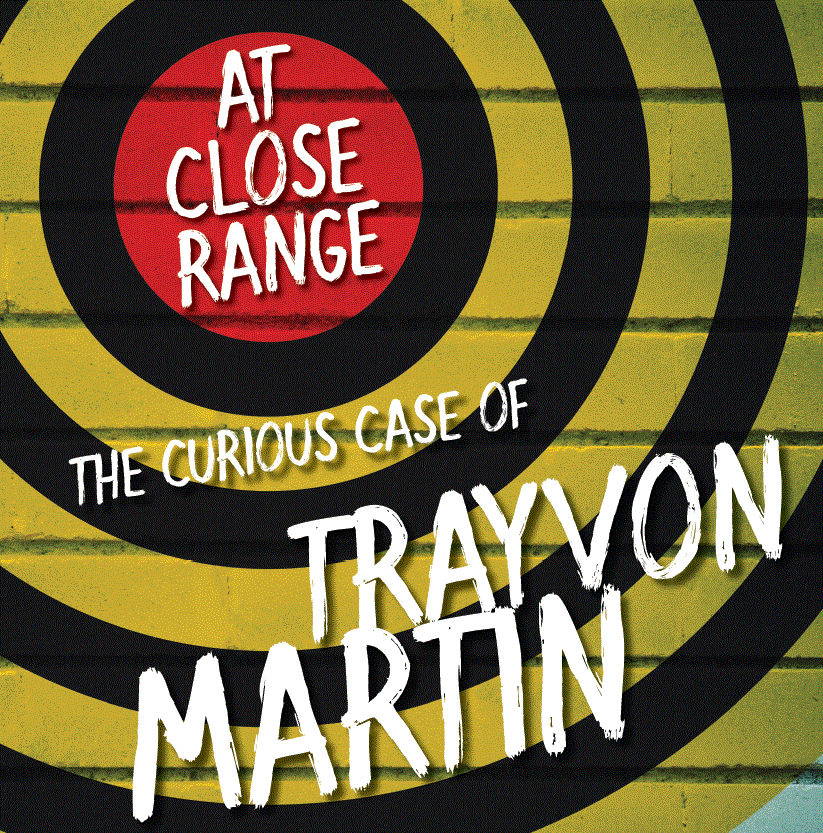Location
Panel Three
Event Website
http://www.law.ufl.edu/academics/centers/csrrr
Start Date
20-3-2013 10:45 AM
Description
This paper extends themes from sociologist Austin Turk’s theory of normative-legal conflict to the Martin tragedy and Florida’s “Stand Your Ground Law” as a point of entry for examining more general theoretical notions about how legal and social statuses can combine in counterintuitive ways. His theory is premised on deference and the impact that different ways of structuring social interaction will have on the probabilities that conflict will become overt. In some contexts, the relationship between legal status and social status allow the potential for conflict to de-escalate. In others, the relationship aggravates the prospect for overt conflict. Because laws like “Stand Your Ground” designate legal statuses and role expectations, it erects a kind of authority structure between people who interact with each other. Turk maintains that overt conflict is more likely to occur when the official legal norms and corresponding behavioral expectations are congruent with individuals’ social norms and behaviors. The social norms include norms of deference that have been linked to race. We consider how displacing the “retreat” rule in threatening interactions outside the home with the “Stand Your Ground” legal norm authorizes confrontation rather than de-escalation and invites social norms regarding the racialization of crime and race-based norms of deference to enter the interaction and aggravate the probability of overt conflict.
Included in
License to Kill: Theoretical Critique of “Stand Your Ground” Policies
Panel Three
This paper extends themes from sociologist Austin Turk’s theory of normative-legal conflict to the Martin tragedy and Florida’s “Stand Your Ground Law” as a point of entry for examining more general theoretical notions about how legal and social statuses can combine in counterintuitive ways. His theory is premised on deference and the impact that different ways of structuring social interaction will have on the probabilities that conflict will become overt. In some contexts, the relationship between legal status and social status allow the potential for conflict to de-escalate. In others, the relationship aggravates the prospect for overt conflict. Because laws like “Stand Your Ground” designate legal statuses and role expectations, it erects a kind of authority structure between people who interact with each other. Turk maintains that overt conflict is more likely to occur when the official legal norms and corresponding behavioral expectations are congruent with individuals’ social norms and behaviors. The social norms include norms of deference that have been linked to race. We consider how displacing the “retreat” rule in threatening interactions outside the home with the “Stand Your Ground” legal norm authorizes confrontation rather than de-escalation and invites social norms regarding the racialization of crime and race-based norms of deference to enter the interaction and aggravate the probability of overt conflict.
https://scholarship.law.ufl.edu/csrrr_events/10thspringlecture/panels/2
